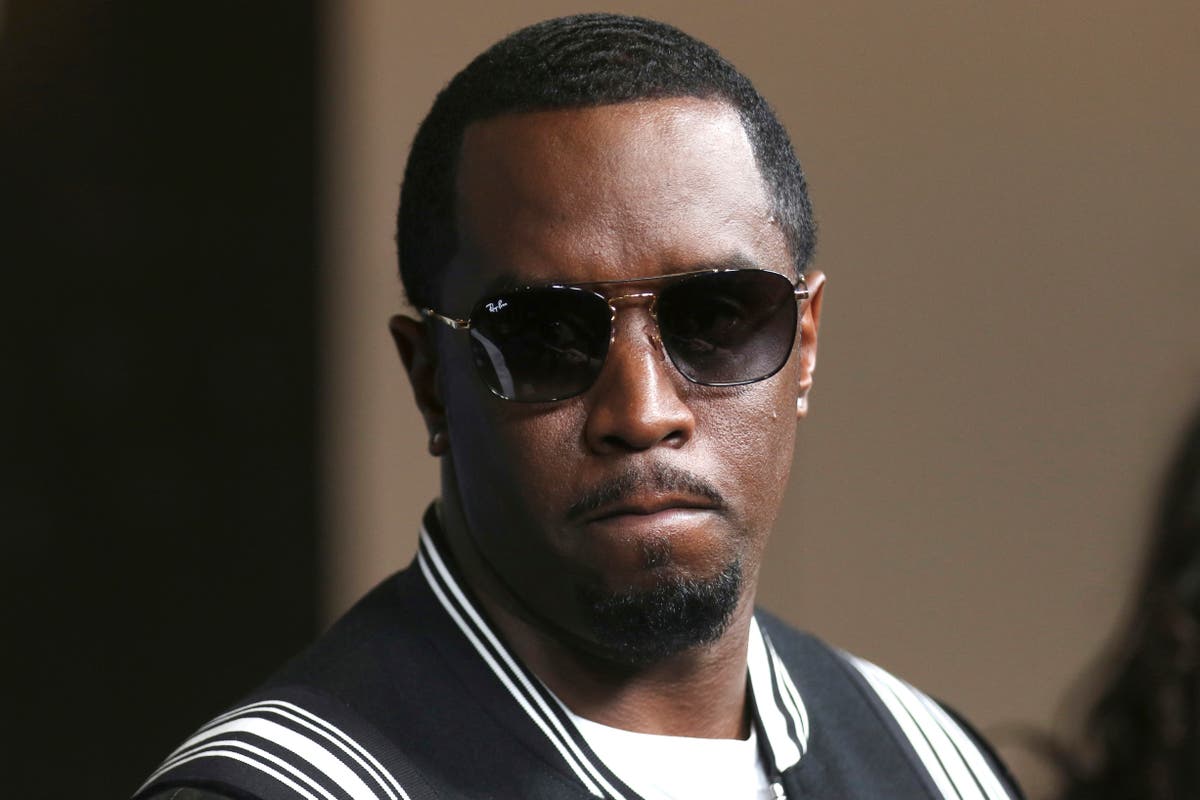Israel has confirmed the killing of the presumed next leader of Hezbollah in an airstrike on southern Beirut earlier in October.
In a statement on Tuesday evening, the Israeli military said strikes in Dahiyeh killed Hashem Safieddine and Ali Hussein Hazima, the head of the militant group’s intelligence branch, three weeks ago.
It was the first time Israel confirmed the killing of the most senior political official in Hezbollah after the former secretary general Hassan Nasrallah. Hezbollah had yet to comment on Israel’s claim.
Safieddine was the head of Hezbollah’s highest political decision-making body, the executive council, and was reportedly picked as the successor to Nasrallah some years ago. He was also a cousin of the former secretary general and was seen to carry much of the same charisma that inspired the cult of personality around Nasrallah.
His fate was unknown after Israeli strikes on Dahiyeh on 3 October, which Israel said was targeting an underground bunker where the senior leader was living. Hezbollah had reportedly not been able to re-establish contact with Safieddine since the strike and rescue workers were prevented from reaching the site of the bombing.
With the killing of Safieddine, only Naim Qassem, the deputy secretary general of Hezbollah, remains from Hezbollah’s public-facing senior leadership. Qassem has been the face of the group since the assassination of Nasrallah, but he does not enjoy the same popularity among Hezbollah supporters that the late secretary general had.
It remains unknown who will take the helm as the next leader of the group. In a speech two weeks ago, Qassem said that appointing a new leader was a complex procedure and would take some time. Alongside blows to its political leadership, almost all of Hezbollah’s senior military cadre has been killed by Israel in the last three months.
Despite the losses in its command structure, Hezbollah has insisted that the group has retained its organisational strength. The group has said this is evidenced by what it says is Israel’s lack of progress in south Lebanon.
Hezbollah fighters have been engaged in daily clashes with Israeli troops since Israel announced its ground incursion into Lebanon on 30 September. Israeli tanks have been spotted in villages along the Israel-Lebanon border and entire towns have been levelled in south Lebanon by Israeli remote detonations.
Israel has said that its ground operation into south Lebanon is meant to degrade Hezbollah infrastructure along the border to prevent the group from launching cross-border attacks into Israel. The extent of Israel’s success in its mission is unclear, with limited media access to south Lebanon.
Over the past few days, Israel has stepped up its aerial campaign in Lebanon, announcing that it would be striking a Hezbollah-linked bank, Al-Qard Al-Hassan, which it accused of financing the organisation. The bank, which is part of Hezbollah’s charitable arm, has more than 30 buildings across Lebanon.
Israel also carried out strikes on Greater Beirut on Monday night, killing 18 people, including four children, and wounding sixty in a strike in Dahiyeh. The strike also caused “major damage” to the nearby Rafik Hariri university hospital, Lebanon’s largest public hospital.
Hezbollah launched a rocket salvo at Kiryat Shmona, north Israelas well as downing an Israeli Hermed 450 drone with a surface-to-air missile on Tuesday afternoon.
Fighting began between Hezbollah and Israel after Hezbollah launched rockets against Israel on 8 October 2023, “in solidarity” with Hamas’s attack the day prior. Fighting has dramatically escalated since Israel launched “Operation Northern Arrows” on 23 September.
Over 2,500 people have been killed and more than 11,850 have been wounded in Lebanon over the past year.

 By The Guardian (World News) | Created at 2024-10-22 22:25:13 | Updated at 2024-10-23 00:28:09
2 hours ago
By The Guardian (World News) | Created at 2024-10-22 22:25:13 | Updated at 2024-10-23 00:28:09
2 hours ago



